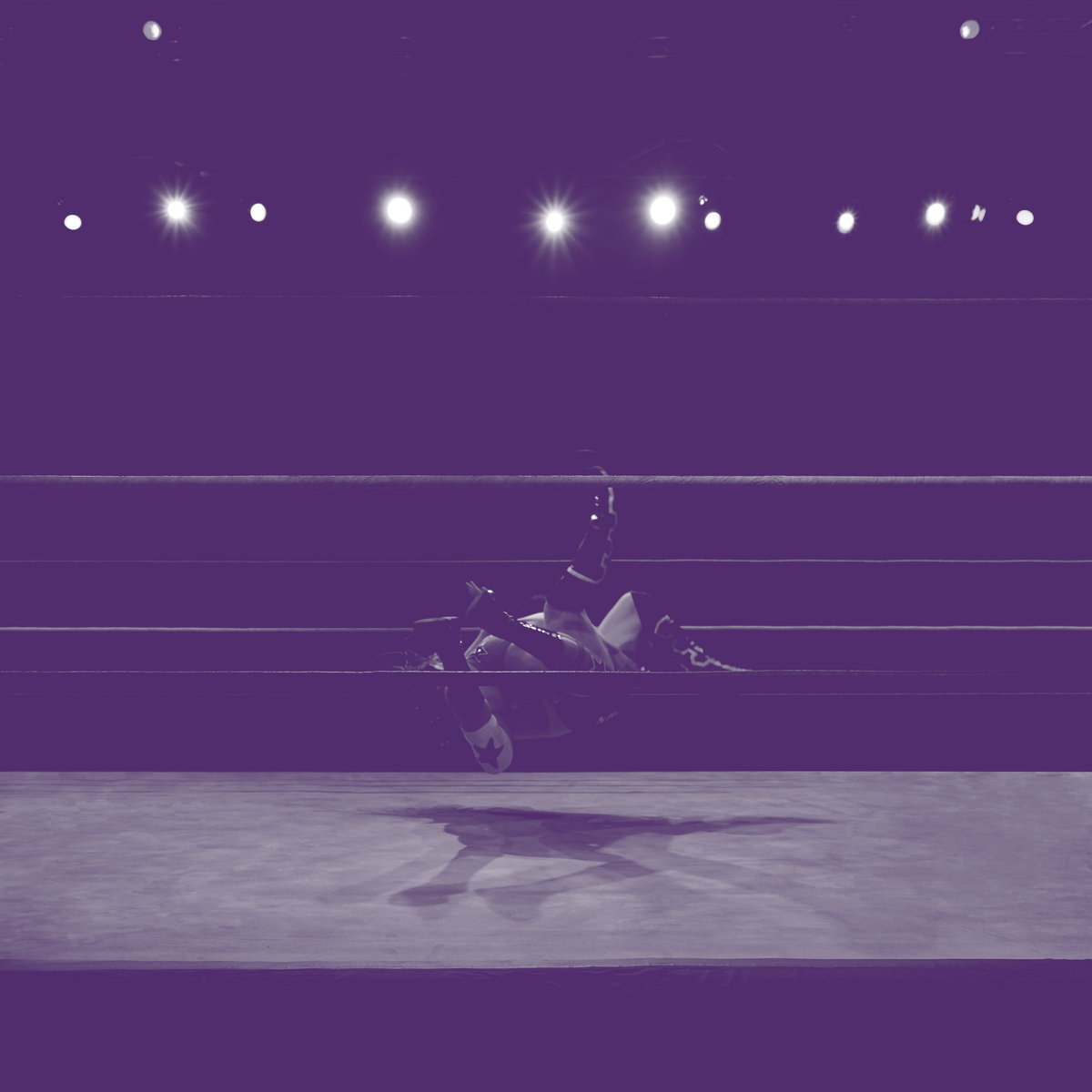Der Künstler und Soundperformer Robert Takahashi Crouch bringt Anfang Mai ein digitales Album mit acht Remixes seines Stücks “A Ritual” heraus. Der rund zwanzigminütige Originaltrack bildete den Auftakt seines im vorigen Jahr erschienenen Albums “Jubilee” (Touch Records) und basierte Takahashi Crouch zufolge auf einer bereits intensiv bearbeiteten und kondensierten Aufnahme mit einer Spieldauer von rund zwei Stunden, das Resultat nennt er “a profoundly personal acoustic memorandum”. Für “Ritual Variations” hat der Künstler nun sueben befreundete Musiker um eigene Überarbeitungen gebeten, die erwartungsgemäß recht unterschiedlich ausgefallen sind. Neben seinem Partner Yann Novak sind Byron Westbrook, Christina Giannone, Faith Coloccia, France Jobin, Lawrence English und Marcus Fischer beteiligt, auch eine neue Version von Takahashi Crouch selbst ist enthalten. Das Album erscheint zum Download bei Room40.
“My last album opens with a piece called A Ritual. I think of this piece as a somewhat aggressive, long-form meditation on intimacy and ecstasy. There’s a reason I think about it like this. The 19 minutes that comprise the track were taken from a much longer recording; a 2 hour improvisation I performed privately for my partner, Yann Novak. Performance is always a personal experience, even when offered communally, but this particular performance was very much about a shared moment, in an environment that foregrounded the personal. The low, undulating frequencies in the piece underscore a sense of the physical for me. I’d like to think it’s a work that dwells on upon the vibrational qualities of sound, and offers a respite within its mesh of rich harmonics, pushing a listener towards the ecstatic. For Ritual Variations, I reached out to friends and artists whose work I respect and admire for various reasons. I gave these seven artists, including my partner, access to the original 2 hour recording and invited them to create new compositions using it as source material. It was a chance for them to also consider the private, intimate nature of the recording itself.” (Robert Takahashi Crouch)
